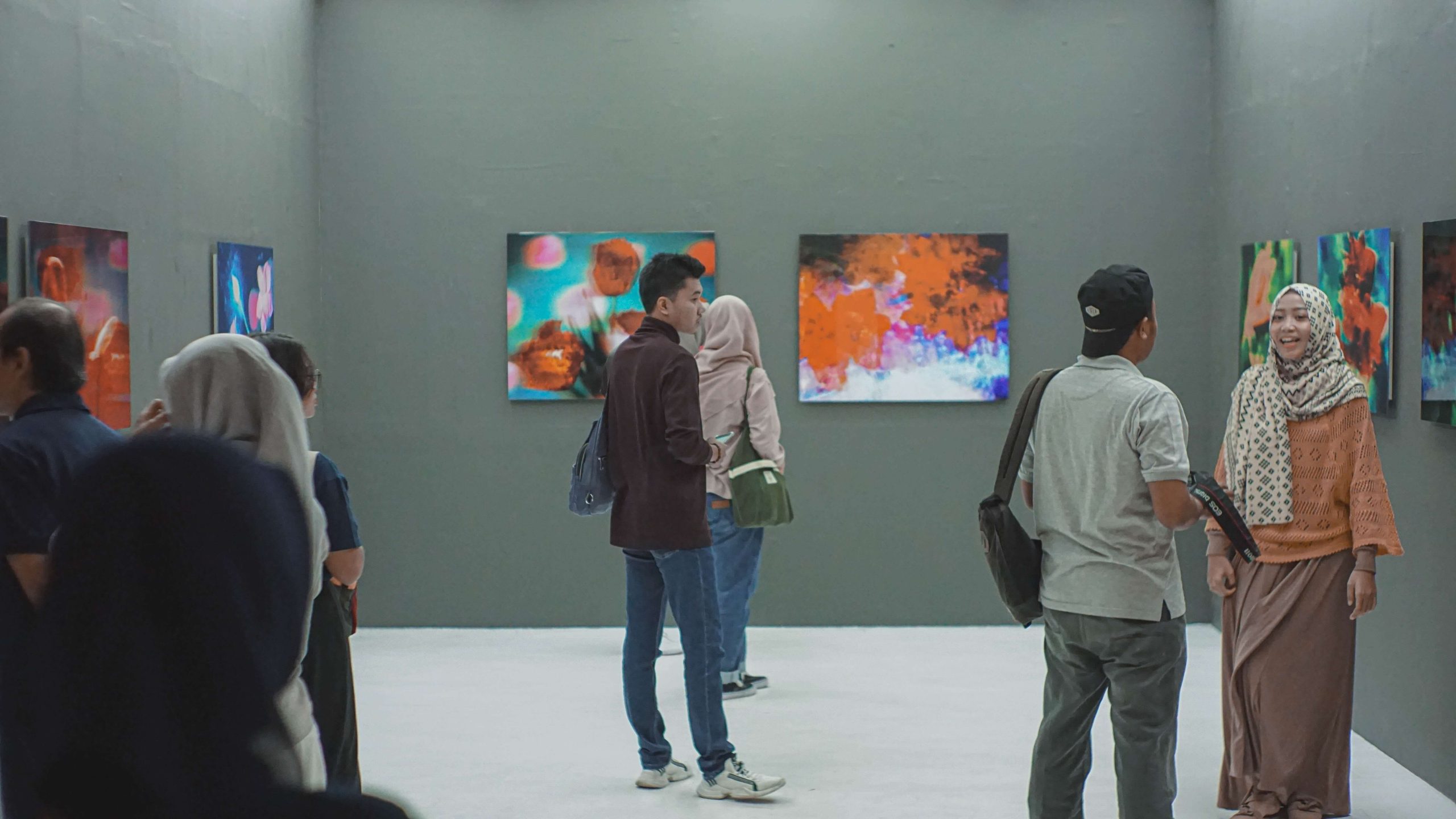What do Queen Victoria, Queen Elizabeth II, Prince Albert and Prince Abdul Mateen of Brunei have in common? Well, aside from being royalty, they all have the same exquisite taste in watches – particularly watches from Patek Philippe, the Swiss luxury watch brand.
Since its founding in 1851, Patek Philippe has established itself as one of the most prestigious watch brands in the world. Their timepieces are known for their elegance, understated looks, rich heritage and class-leading complexity and functionality. A watch from Patek Philippe contains elaborate complications such as star maps, moon phases, perpetual calendars and more.
As someone who hadn’t known much about watches, I was surprised to learn that the Watch Art Grand Exhibition, held at Marina Bay Sands, had been so popular. In just a short span of three weeks, over 35,000 had registered their interest for tickets to the event. When I visited on a weekday morning, the place was packed. And I was told by the staff that a long queue would form on the weekends. Granted, admission was free, but it was still impressive that the exhibition could draw so many people who were eager to spend their time to experience and listen to the brand’s story.
The exhibition, a huge experiential marketing effort, was rather delightful. It spanned a spacious 20,000 square feet, consisting of 10 themed rooms that demonstrated the historical and cultural significance of the Patek Philippe brand.
100 COLORS IN THE SPIRIT OF MAJULAH SINGAPURA
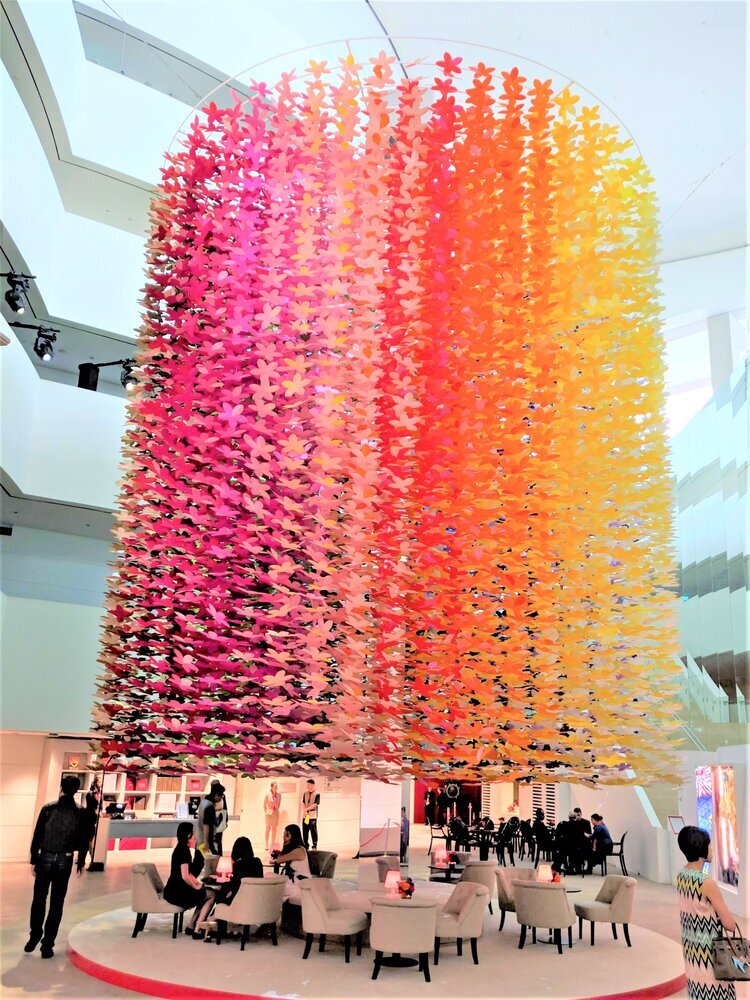
When I stepped into the exhibition, the first thing that caught my eye was an enormous, colourful art installation hanging from the ceiling.
This installation was crafted by Emmanuelle Moureaux, a French artist based in Tokyo. Entitled “100 Colors in the Spirit of Majulah Singapura”, the installation was made up of 11,500 frangipani flowers that come in 100 different colours. Aside from being visually stunning, its intricacy was a good thematic match to the immense precision of Patek Philippe’s master craftsmen and watchmakers.
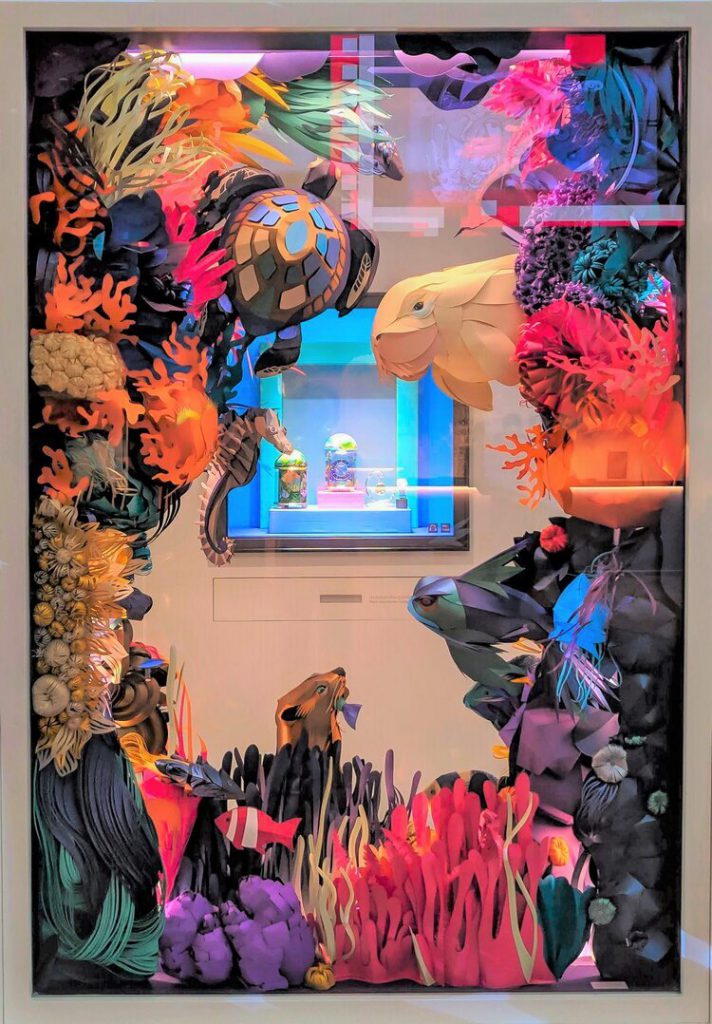
In a similar vein, a series of windows was each adorned with complex three dimensional scenes of Singapore’s tropical beauty with papier-mâché renditions of turtles, fish, monkeys and other indigenous creatures and flora native to Singapore.
OPENING MOVIE
Upon entering, I was ushered into a mini theatre where a short film on the beginnings of Patek Philippe was being screened. The film was a good primer, as I was able to better understand the brand before experiencing it.
CURRENT COLLECTION ROOM
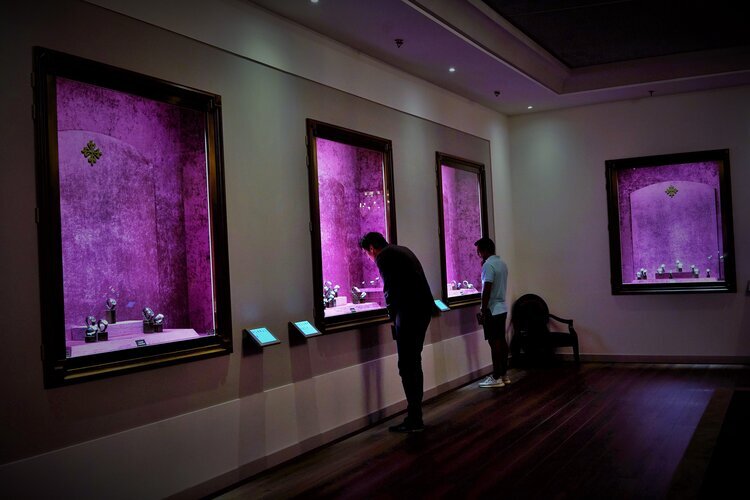
The next room was the Current Collection Room where the entire catalogue sans the Grand Complications was on display. The room is a re-creation of the Patek Philippe Salons Headquarters in Geneva’s Rue de Rhône, a building that the company has occupied since 1853. The regal purple used was a good complement to the watches.
NAPOLÉON ROOM
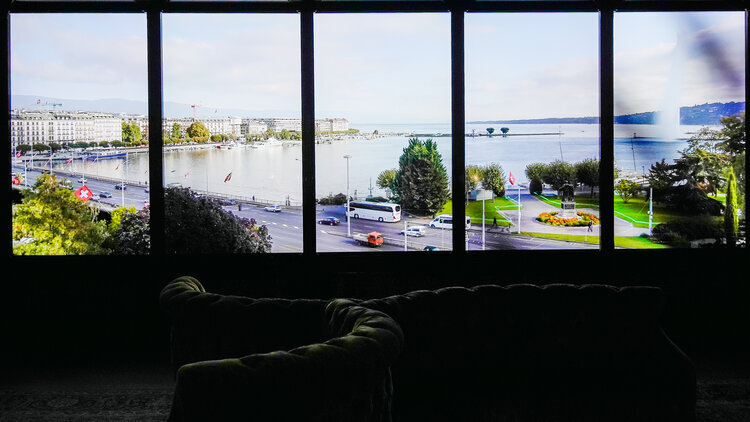
Similarly, the Napoléon Room was a replica of another historic room found in the Patek Philippe Salons in Geneva. I took a moment to admire the view on the screen as this would be the same view I would be enjoying if I were at the brand’s headquarters. I found the room a bit too dark for my liking but the dim lighting drew attention to the exhibits.
MUSEUM ROOM

This one was for the history buffs. This room displayed over 100 artefacts curated from the Patek Philippe Museum in Geneva. This was also the first time these pieces had left Geneva.
From one-of-a-kind pieces and pocket watches made for royalty to the first portable clocks, the collection was quite the treat.
RARE HANDCRAFTS GALLERY
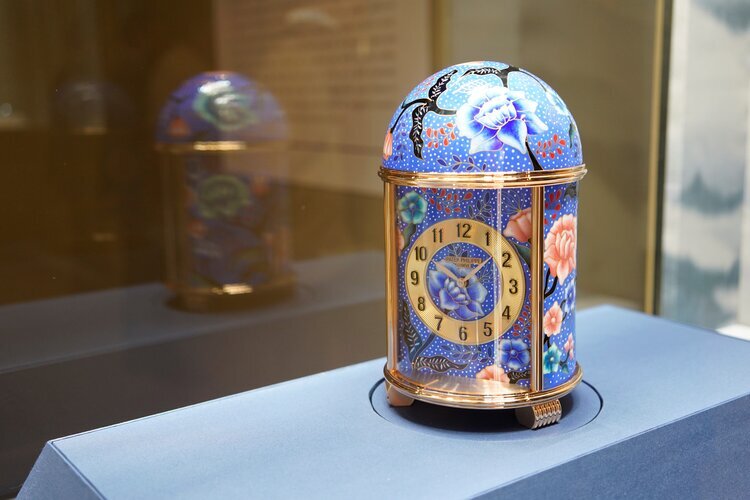
The next room was also quite the experience. I was able to see the artisans behind Patek Philippe watches in action and learn about the traditional methods that Patek Philippe has preserved over the centuries. The artisans also let me to take a closer look at their detailed work through the loupes and microscopes.
A touchscreen exhibit here simulated the painting of enamel onto watch faces. The interactivity was really engaging and reminded me of the unique customisation techniques that Patek Philippe uses.
MOVEMENTS ROOM
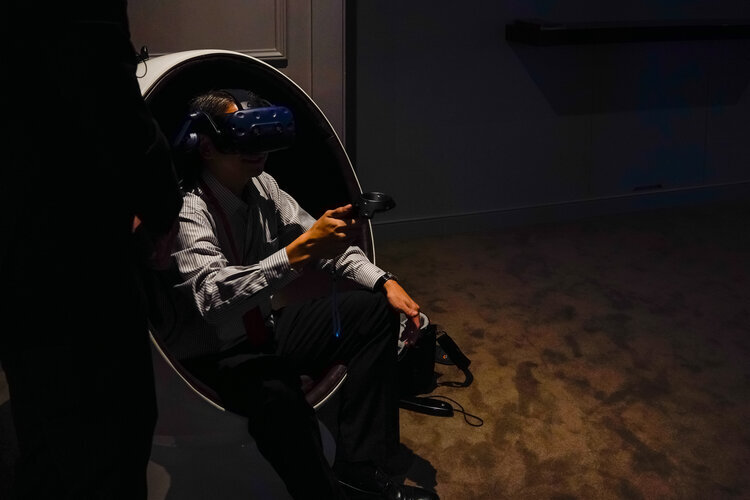
After watching another short film about Patek Philippe’s workshops, I headed into the Movements Room. Here, all of Patek Philippe’s movements from the past to the present were displayed. For those unfamiliar, a movement refers to the moving parts of a watch’s mechanism.
The Movements Room had a virtual reality corner, where I tried putting these movements together. Although this was simplified and everything was enlarged, it was not a straightforward process. This experience was immersive and got me thinking about the craftsmanship that went into each Patek Philippe timepiece. It also gave me newfound respect for the artisans who assembled the movements on a much smaller scale.
GRAND COMPLICATIONS ROOM
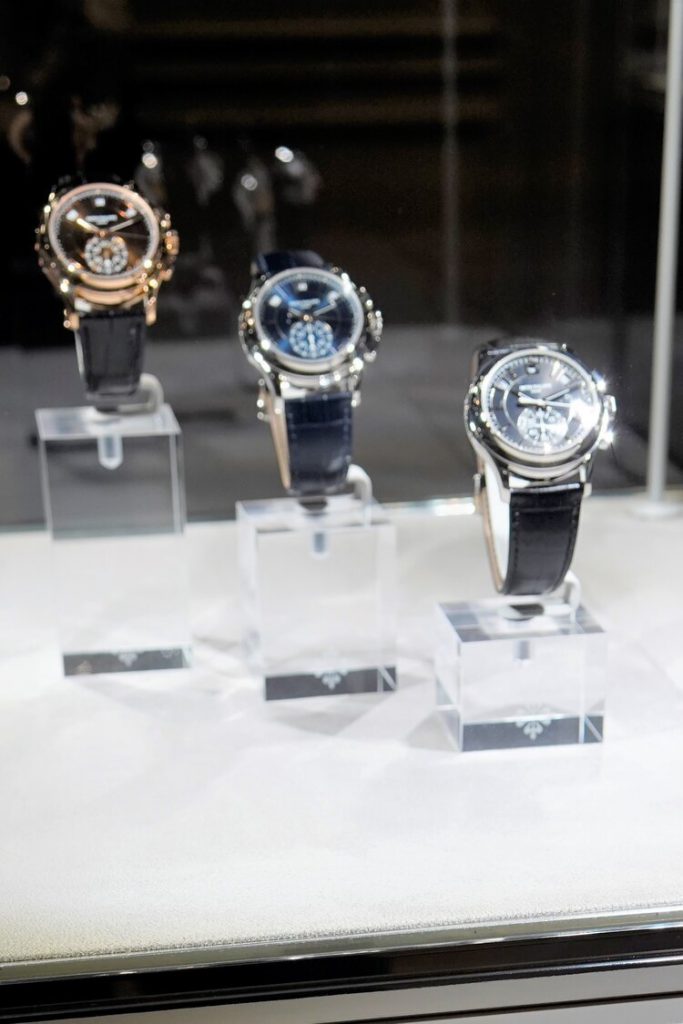
Next was the Grand Complications Room, which provided visitors with the rare opportunity to view the most complex Patek Philippe watches. This space was a great showcase of Patek Philippe’s innovation culture, as all the innovations and patents that Patek Philippe had ever made were on display here. The staff members were also on hand to explain the exhibits. I found this to be commendable as they were able to help me gain a deeper understanding of the brand, enhancing my experience.
WATCHMAKERS ROOM
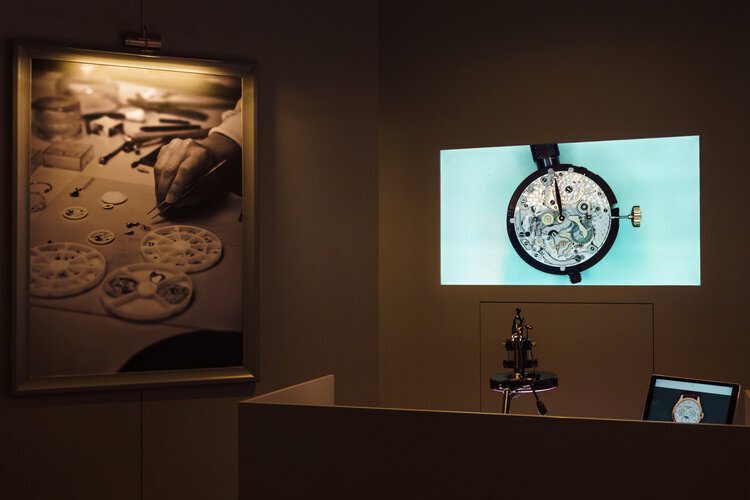
This was by far my favourite room as it was really engaging. I was able to interact with Patek Philippe’s expert watchmakers and watch them work. These experts generously shared their knowledge in a very accessible way.
I could see why this exhibition was so popular: the slick presentation of Patek Philippe’s culture and values, the chance to see artisans at work, the beautiful and historically rich pieces on display, and the gorgeous art installation. Visiting the exhibition was indeed a memorable experience. I now have more knowledge of watches and watchmaking. From a brand perspective, Patek Philippe has achieved its goals. Many visitors would have walked away with a deeper admiration for Patek Philippe and remember its insistence on great craftsmanship for all their timepieces for a long time to come.



